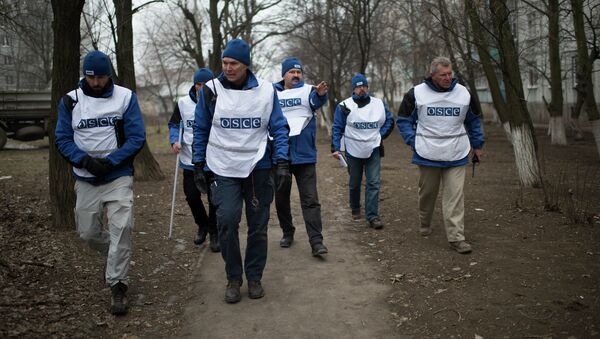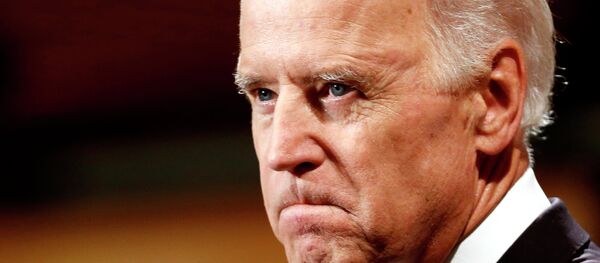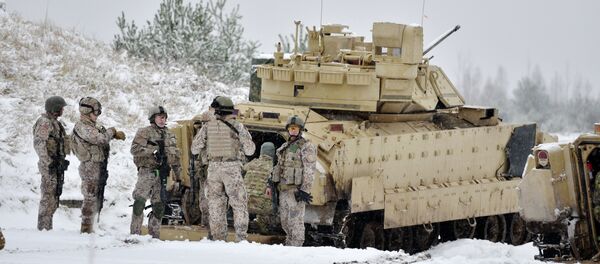"An EU police mission is highly important. But first, on the stabilization stage, it is important for us to reach a de-escalation of the situation, to prevent constant attacks and shelling. For that, we need a peacekeeping component. This peacekeeping component can be provided by the United Nations or the European Union. Most likely, it will be mixed," Klimkin said as quoted by the 112.ua news agency.
The minister added that a peacekeeping mission is necessary in Ukraine in order to guarantee adherence to the Minsk ceasefire agreements.
Late Wednesday night, the Ukrainian National Security and Defense Council's secretary Oleksandr Turchynov announced Kiev's plans to request the United Nations and the European Union to station peacekeepers along the line of contact between Kiev forces and Donbas independence supporters and on the border with Russia.
Klimkin said on Thursday that Russia should not be allowed to join the planned peacekeeping mission in eastern Ukraine.
Russia's envoy to the United Nations Vitaly Churkin said on Thursday that Kiev's intent to form a peacekeeping mission left in doubt the country's commitment to adhere to the Minsk agreements, which stipulate that the implementation of the ceasefire in Donbas is monitored by members of the Special Monitoring Mission (SMM) of the Organization for Security and Co-operation in Europe (OSCE).
Meanwhile, representatives of the self-proclaimed Donbas people's republics had different stances on the issue. The Donetsk militia deputy commander announced on Thursday that Donbas independence forces have nothing against peacekeepers. Representative of the self-proclaimed Luhansk People's Republic (LPR) Vladislav Deinego said that the deployment of peacekeepers should only be discussed as a measure of last resort.
However, the self-proclaimed Donetsk People's Republic (DPR) negotiator Denis Pushilin said Kiev's initiative contradicts the new Minsk agreements, reached on February 12 after 16-hour talks between the leaders of Russia, Germany, France and Ukraine.
The agreements stipulate a ceasefire between Kiev forces and Donbas militias (starting from February 15), the creation of a buffer zone between the two sides through the withdrawal of heavy weaponry from the line of contact and an all-for-all prisoner exchange.




